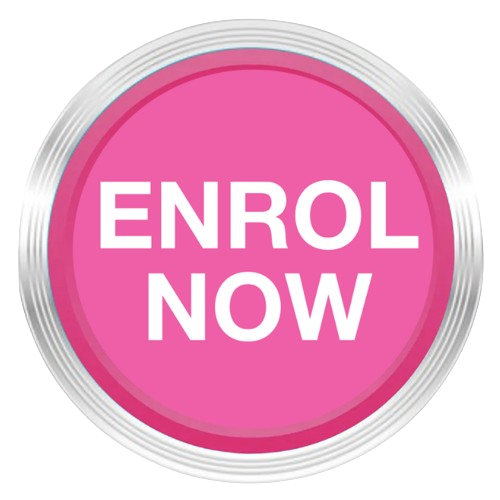Grammar Success is a comprehensive 12 week course designed to help you master essential grammar rules, enhance pronunciation, and expand your vocabulary. Through interactive activities and practical exercises, you will refine your English skills and gain confidence in using idiomatic expressions and direct/indirect speech. Whether you are a beginner or an advanced learner, this course will help you achieve fluency and accuracy in communication.
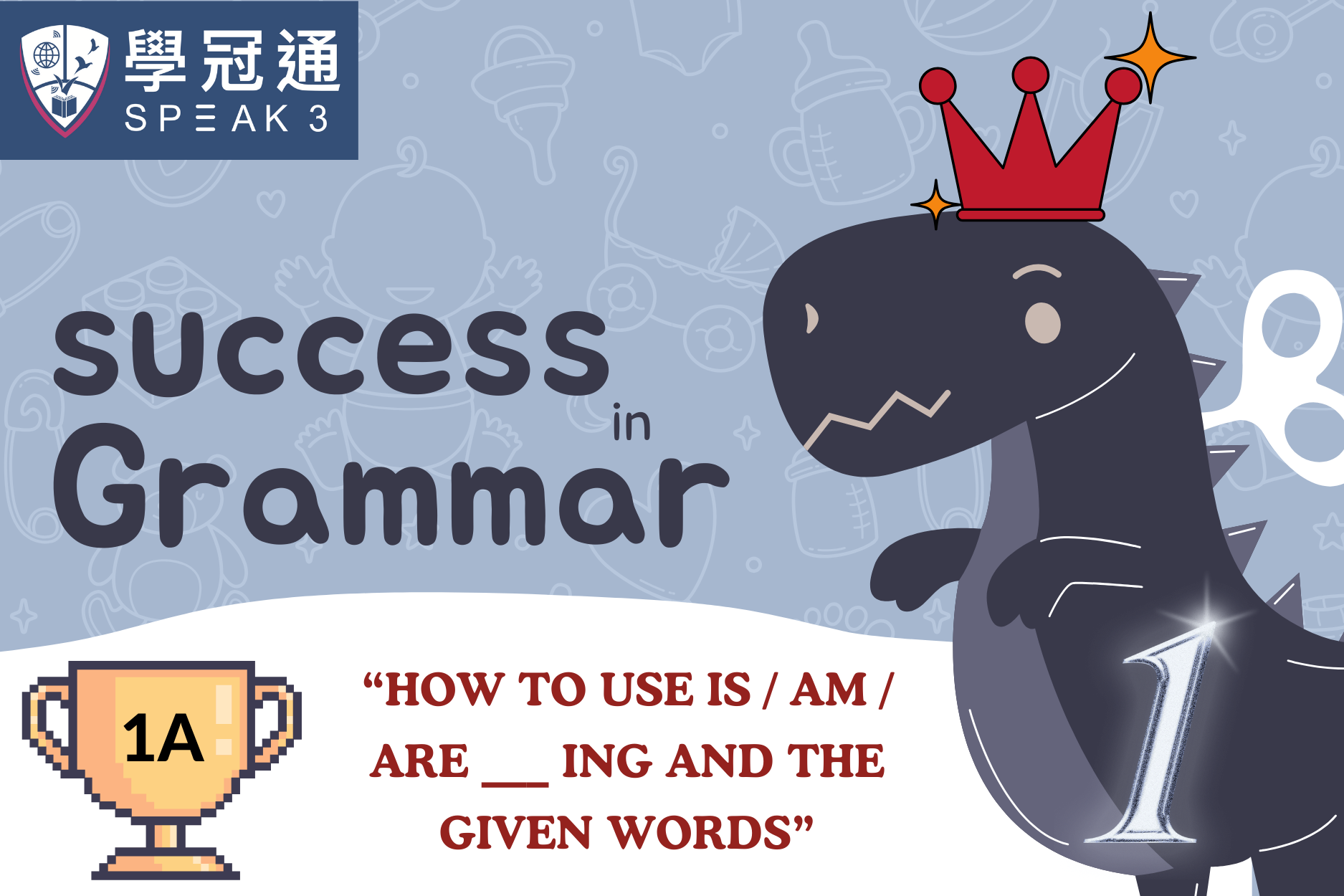
Introducing the Level 1 Grammar Learning Objectives
Difficulty: Level One
Stars:

Introducing the Level 1 Grammar Learning Objectives
Difficulty: Level One
Stars:
Who is this course for?
This course is designed for Primary 1 and Primary 2 students who are beginning their journey in English grammar.
The Success in Grammar Course series features 12 units of engaging reading articles written in accordance with the latest Primary English Curriculum guidelines. In these articles, grammar is seamlessly integrated into the content, helping to expand students’ vocabulary and introduce grammar in a fun and effective way! Each unit also includes mini quizzes to reinforce learning.
What will you learn?
Participants will learn essential grammar concepts that form the foundation for effective communication in English.
- Recognize and use common nouns (e.g., cat, book, school)
- Understand singular and plural nouns (adding -s, e.g., dog → dogs)
- Use simple pronouns (I, you, he, she, it, we, they)
- Form simple sentences with subject-verb-object (e.g., I eat an apple)
- Use capital letters and full stops correctly
- Learn action verbs (e.g., run, jump, eat, read)
- Use the simple present tense for habits (e.g., like ice cream)
- Use basic adjectives to describe nouns (e.g., big, small, happy, red)
- Understand and use in, on, under, next to (e.g., The cat is on the table)
- Form simple Wh- questions (What? Who? Where?) and respond (e.g., What’s your name? My name is Amy.)
- Use Yes/No questions with Is/Are/Do (e.g., Is this a book? Yes, it is.)
- Use this/that and these/those (e.g., This is a pencil. Those are books.)
- Join words with and (e.g., I like apples and bananas)
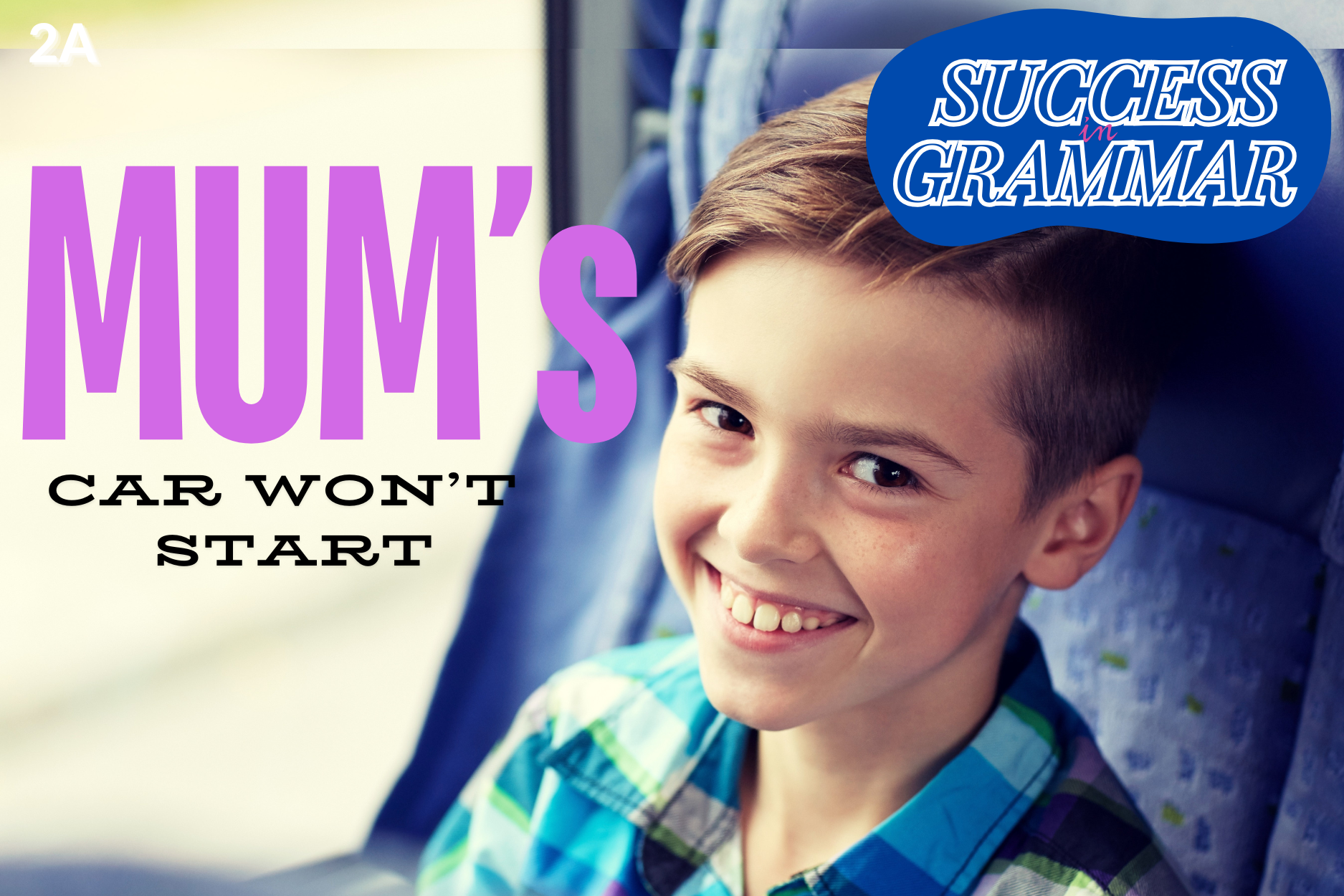
Introducing the Level 2 Grammar Learning Objectives
Difficulty: Level Two
Stars:

Introducing the Level 2 Grammar Learning Objectives
Difficulty: Level Two
Stars:
Who is this course for?
This course is designed for Primary 2 and Primary 3 students who are thriving in their journey in English grammar. Level 2 reinforces Level 1 concepts while introducing:
The Success in Grammar Course series features 12 units of engaging reading articles written in accordance with the latest Primary English Curriculum guidelines. In these articles, grammar is seamlessly integrated into the content, helping to expand students’ vocabulary and introduce grammar in a fun and effective way! Each unit also includes mini quizzes to reinforce learning.
- ✔ Verb tenses (present continuous)
- ✔ Compound sentences
- ✔ Adverbs & prepositions of time
- ✔ More detailed questions/responses
What will you learn?
Participants will learn essential grammar concepts that form the foundation for effective communication in English.
- Review singular/plural nouns (including irregular plurals, e.g., child → children)
- Use possessive adjectives (my, your, his, her, our, their)
- Introduce countable vs. uncountable nouns (e.g., apples vs. water)
- Simple present tense for daily routines (e.g., She brushes her teeth)
- Present continuous tense for actions happening now (e.g., I am eating)
- Learn common phrasal verbs (e.g., stand up, sit down)
- Form compound sentences with and/or/but (e.g., I like tea, but I don’t like coffee)
- Use imperatives or instructions (e.g., Open your book)
- Expand descriptive adjectives (e.g., tall, hungry, shiny)
- Introduce basic adverbs (slowly, loudly, here, there)
- Review prepositions of place (in, on, under, between)
- Add prepositions of time (at, on, in for clock time, days, months)
- Practice Wh- questions (Why? How? How many?) and full responses
- Use Yes/No questions with Can/Do/Have (e.g., Can you swim? Yes, I can)
- Differentiate this/that/these/those clearly
- Use a/an/the correctly (e.g., a cat, an apple, the sun)
- Expand to because and so (e.g., I’m happy because it’s sunny)
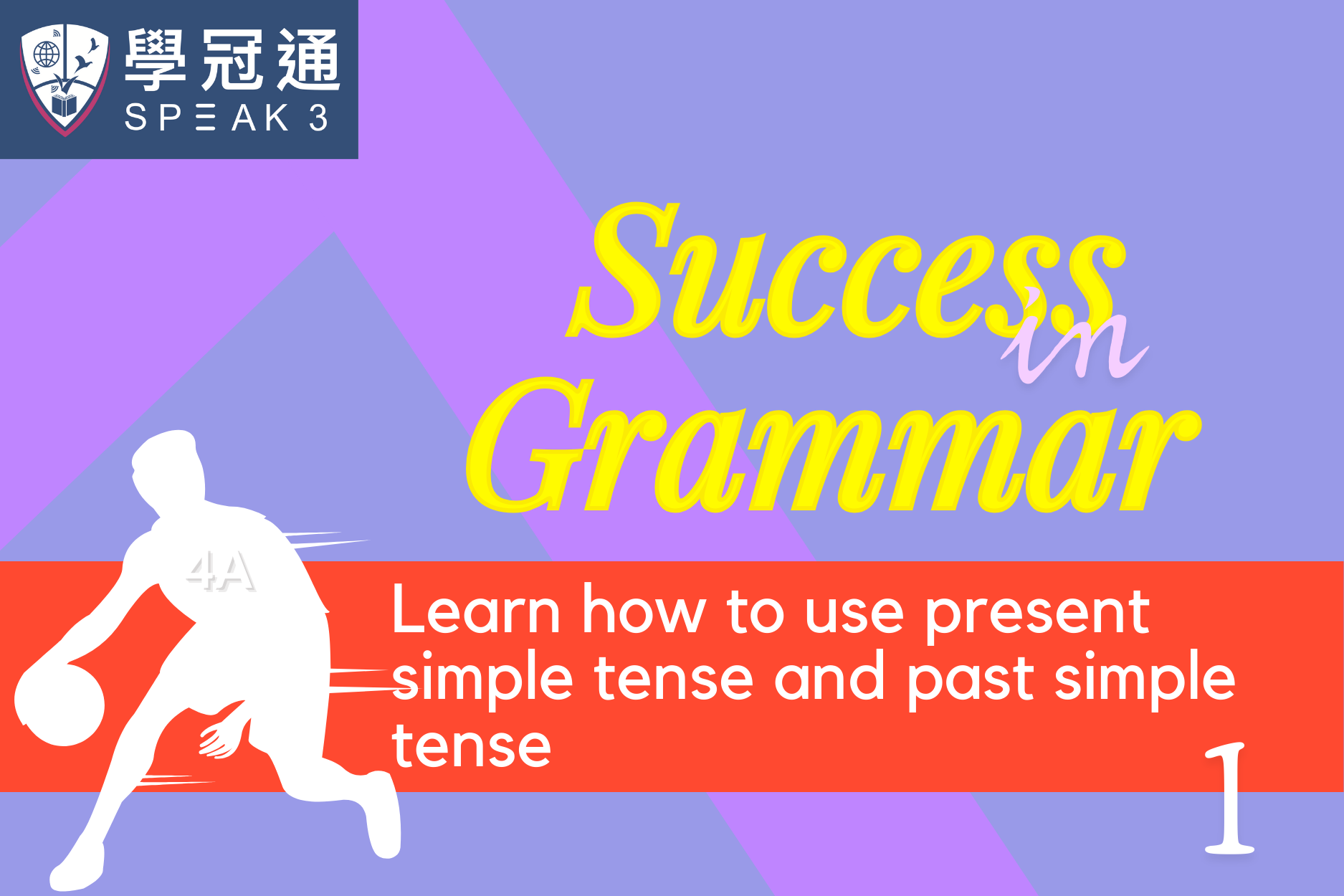
Introducing the Level 3 Grammar Learning Objectives
Difficulty: Level Three
Stars:

Introducing the Level 3 Grammar Learning Objectives
Difficulty: Level Three
Stars:
Who is this course for?
This course is designed for Primary 3 and Primary 4 students who are embarking on their journey in English grammar. Level 3 is a well-rounded grammar course that covers all the basics from Levels 1 and 2 and prepares students for a lower intermediate level in upper primary school.
What will you learn?
Participants will learn essential grammar concepts that form the foundation for effective communication in English.
The Success in Grammar Course series features 12 units of engaging reading articles written in accordance with the latest Primary English Curriculum guidelines. In these articles, grammar is seamlessly integrated into the content, helping to expand students’ vocabulary and introduce grammar in a fun and effective way! Each unit also includes mini quizzes to reinforce learning.
- Present Simple (e.g., She eats breakfast every day.)
- Present Continuous (e.g., He is playing football now.)
- Past Simple (regular & irregular verbs, e.g., I walked to school yesterday. / She ate an apple.)
- Singular & plural nouns (e.g., cat → cats)
- Possessive nouns (e.g., Tom’s book)
- Subject & object pronouns (e.g., I, you, he, she, it, we, they)
- Basic adjectives (e.g., big, small, happy)
- Comparative & superlative forms (e.g., big → bigger → biggest)
- Adverbs of frequency (e.g., always, sometimes, never)
- Time (e.g., at, on, in)
- Place (e.g., under, behind, between)
- Direction (e.g., to, from, into)
- Simple conjunctions (e.g., and, but, or, because)
- What, where, when, who, why, how (e.g., Where is the park?)
- Positive & negative sentences (e.g., I like apples. / I don’t like apples.)
- Yes/No questions & short answers (e.g., Do you like ice cream? – Yes, I do.)
- Full stops, question marks, capital letters
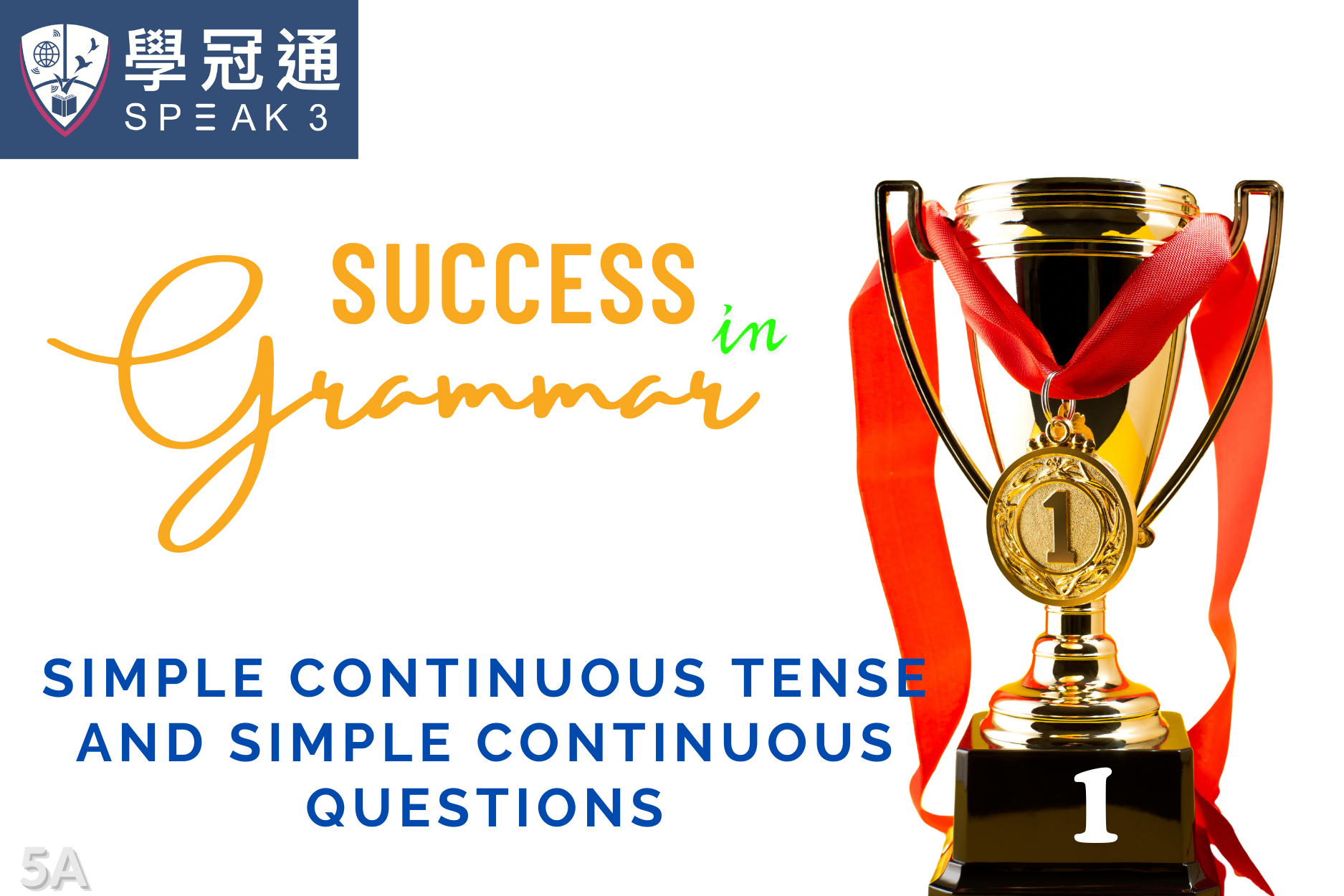
Introducing the Level 4 Grammar Learning Objectives
Difficulty: Level One
Stars:

Introducing the Level 4 Grammar Learning Objectives
Difficulty: Level One
Stars:
Who is this course for?
This course is designed for Primary 4 and Primary 5 students who are pursuing their journey in English grammar. Key Progression from P3 to P5 includes:
- P3: Simple sentences, basic past tense
- P4: Compound sentences, past continuous, modals
- P5: Complex sentences, reported speech, passive voice
What will you learn?
Participants will learn essential grammar concepts that form the foundation for effective communication in English at upper primary level.
- Primary 4: Mastery of simple past tense (regular/irregular verbs, e.g., played, went)
- Primary 5: Introduce past continuous (I was eating) and future tense (will vs. be going to)
- Both: Contrast tenses in context (e.g., She cooks daily [present] vs. She cooked yesterday [past])
- Compound sentences: Use and/but/or/so/because (e.g., It rained, so we stayed home)
- Complex sentences: Introduce subordinate clauses with when/if/although (e.g., Although it was cold, we went out)
- Possessive pronouns (mine, yours, theirs) and reflexive pronouns (myself, yourself)
- Uncountable nouns with quantifiers (some, any, much, a little)
- Modal verbs (can/could, may/might, must/should) for permission, advice, and obligation
- Phrasal verbs (turn off, look after) in everyday contexts
- Comparative/superlative forms (taller, the tallest; more careful, the most careful)
- Adverbs of frequency (always, sometimes, never) and degree (very, quite, too)
- Prepositions of time/direction (by, until, toward, through)
- Prepositional phrases (on the table, in front of the school)
- Tag questions (You like ice cream, don’t you?)
- Reported speech (He said he was tired)
- Present/past passive (The cake was eaten)
- Sequencing words (First, next, finally) for writing/storytelling
- Cause/effect (because of, as a result)
Here's a small demo of the materials
Click on the image to watch the demo video.
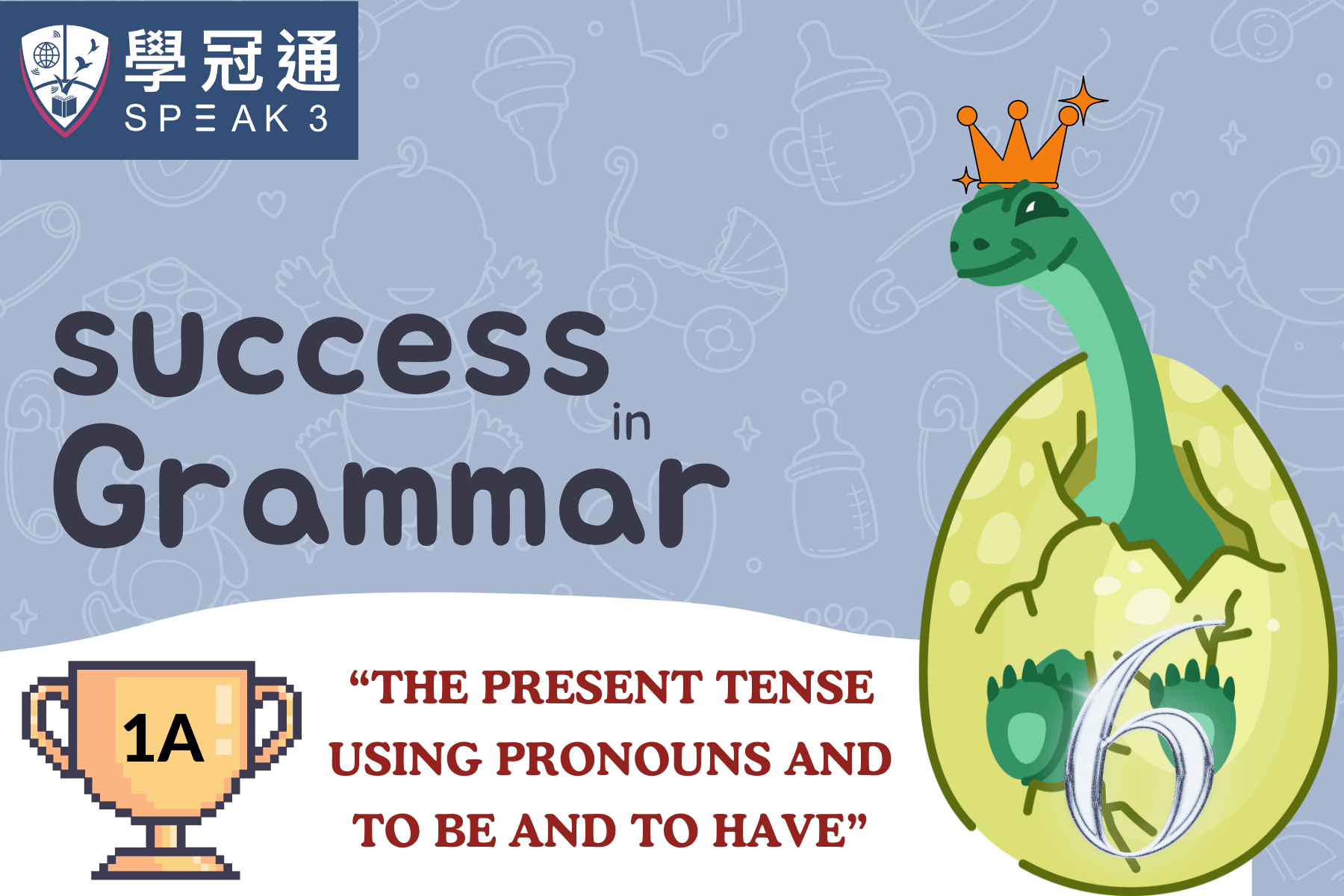
- Title: Dog Facts
- Difficulty: Level One
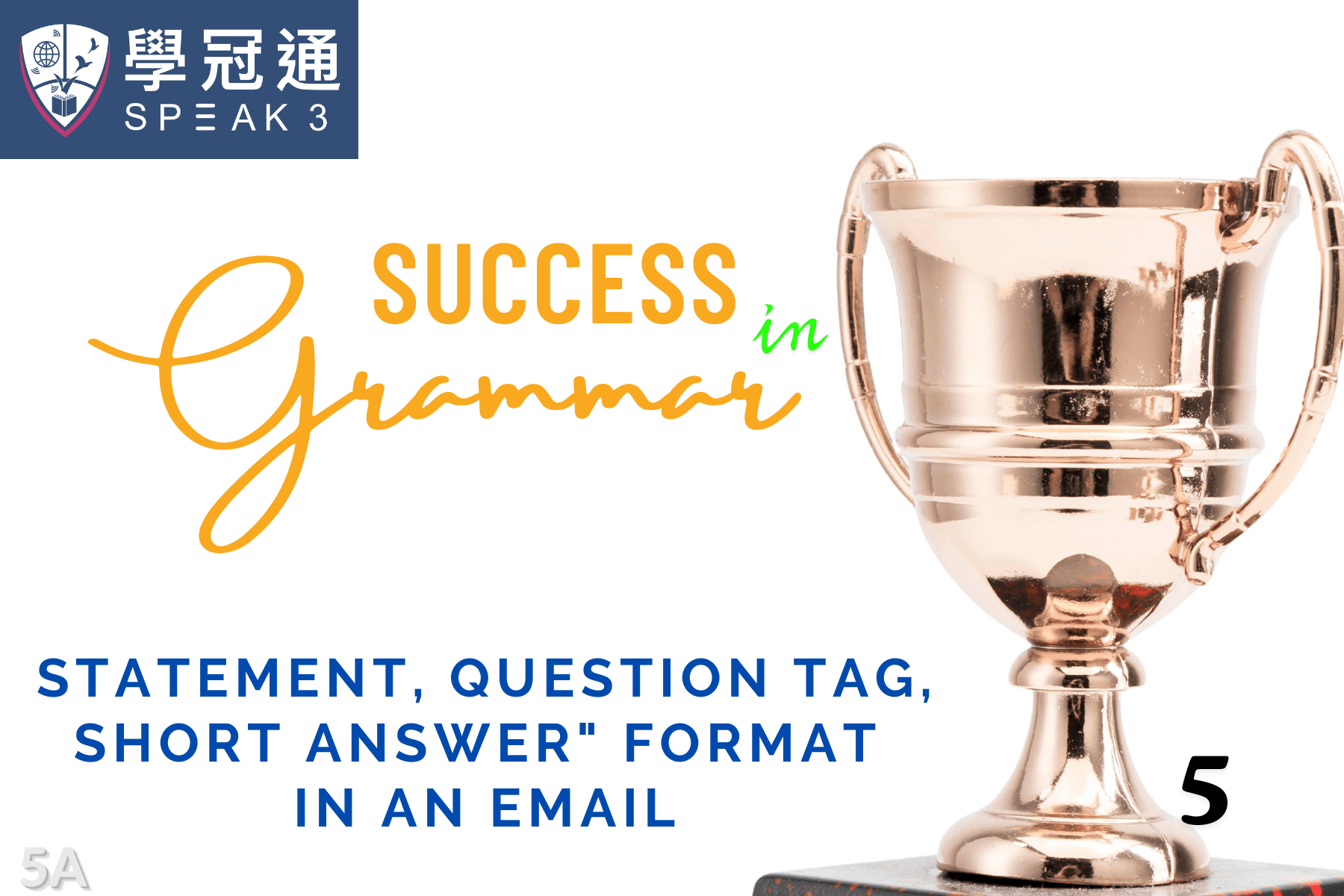
- Title: Plans for the Weekend
- Difficulty: Level Four
Contact us to get started!
If you have any questions or need assistance, feel free to reach out to us. Our team is here to help you with any inquiries you may have regarding our courses, materials, or any other concerns. Don't hesitate to get in touch!
Research has consistently shown that reading regularly can significantly enhance vocabulary acquisition. Here are some key findings that support this.
In summary, the evidence strongly supports the idea that regular reading is a powerful tool for vocabulary acquisition. By engaging with diverse texts, students can significantly enhance their vocabulary, comprehension, and overall language skills.


